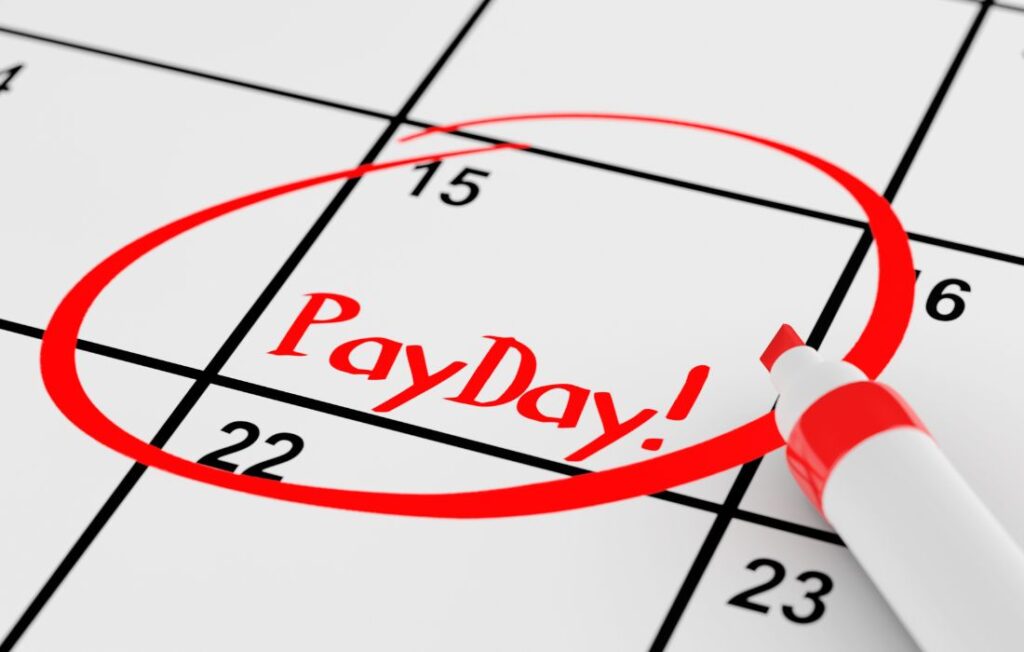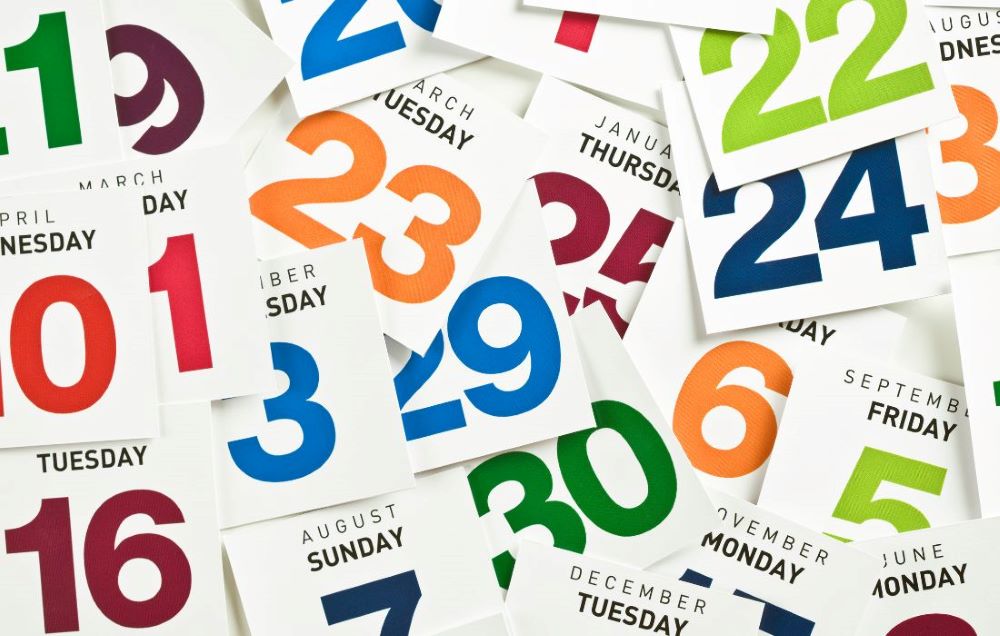Financial Planning: Organizing Your Finances
In a world where financial landscapes are constantly shifting, the need for effective money management remains a constant. Achieving clarity and control over your finances is essential regardless of your circumstances. Effective management, whether handling a fixed income, diverse portfolios, or family finances, is critical to making informed decisions and maintaining peace of mind. This is where a timeless tool – the financial calendar – comes into play. Unlike other trends, the principles of financial organization stand the test of time, and a well-structured financial calendar is your ally in navigating the waters of personal finance with confidence and ease.
Understanding a Financial Calendar
What exactly is a financial calendar? At its core, it is a comprehensive system for tracking all your financial activities – from the routine, such as bill payments and income, to the occasional, like tax deadlines and insurance renewals. It’s more than just a budgeting tool; it’s a roadmap for your financial journey, providing a clear view of where you are and where you need to go.
7 Financial To-Dos This December

Key Components of a Financial Calendar
- Bill Due Dates: Keeping track of when bills are due helps avoid late fees and manage cash flow effectively.
- Income Schedule: Whether it’s a paycheck, pension, or other forms of income, knowing when you’ll receive money is crucial for planning.
- Savings Goals: Regularly monitoring your progress toward savings goals keeps you motivated and on track.
- Debt Repayment Milestones: Paying off debt becomes more rewarding when you take the time to recognize and celebrate each achievement along the way.
- Tax Deadlines: Being aware of tax filing and payment deadlines for both federal and state taxes can save you from last-minute rushes and potential penalties.
- Insurance Renewals and Other Annual Events: Keeping these dates in mind ensures you’re always aware of renewals and expirations. This could include health, auto, or home insurance.
Daily Money Manager: Your Path to Financial Well-being

The Timeless Value of a Financial Calendar
A financial calendar stands out for its enduring relevance in managing personal finances. Its flexibility and adaptability make it a valuable tool regardless of your financial situation or life stage. Here’s why it remains a timeless asset:
- Adapts to Changing Financial Situations: Life is full of changes, be it a significant life event, a new job, or economic shifts. Your financial calendar can be updated to reflect these changes, ensuring your financial plan stays aligned with your current circumstances.
- Provides a Holistic View: Unlike a simple budget that may focus on immediate expenses, a financial calendar offers a bird’s eye view of your financial health. This comprehensive perspective allows for better decision-making and long-term financial planning.
- Encourages Proactive Financial Management: With a clear overview of upcoming financial obligations and goals, you can manage your finances proactively. This foresight helps in anticipating and preparing for future financial events rather than reacting to them as they occur.
- Integrates with Traditional Budgeting: While distinct from a monthly budget, a financial calendar complements it by placing monthly allocations within the context of your broader financial goals and timelines. This integrative approach ensures a more holistic management of your finances.
- Spans a Longer Timeframe: A financial calendar typically covers a year or more, providing insights into seasonal expenses, annual renewals, and long-term financial goals. This extended view is crucial for effective financial planning and avoiding surprises.
In essence, the financial calendar is a tool that evolves with you, offering a structured yet flexible approach to managing your finances across different phases of your life.
As we’ve explored the key components and the enduring value of a financial calendar, it’s clear how this tool can become an integral part of your financial management strategy. But how do you go about creating one that’s tailored to your unique financial landscape? Stay tuned for Part 2, where we’ll dive into a step-by-step guide to crafting your own financial calendar, ensuring it aligns perfectly with your financial goals and lifestyle.
To get a head start, download our FREE Financial Calendar Checklist below, filled with events and ideas for creating your own financial calendar. It’s an invaluable tool to begin organizing your finances!
The Future of Personal Finance: How Virtual Daily Money Management Can Transform Your Life









